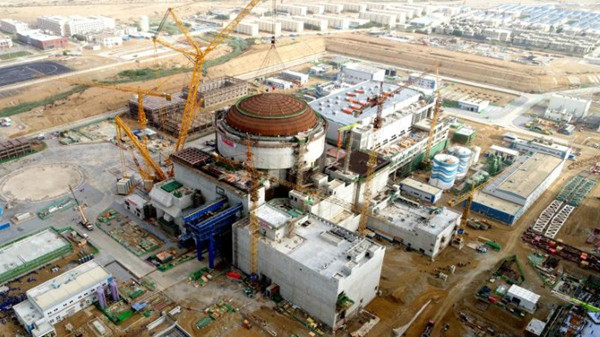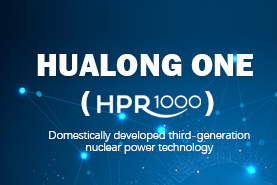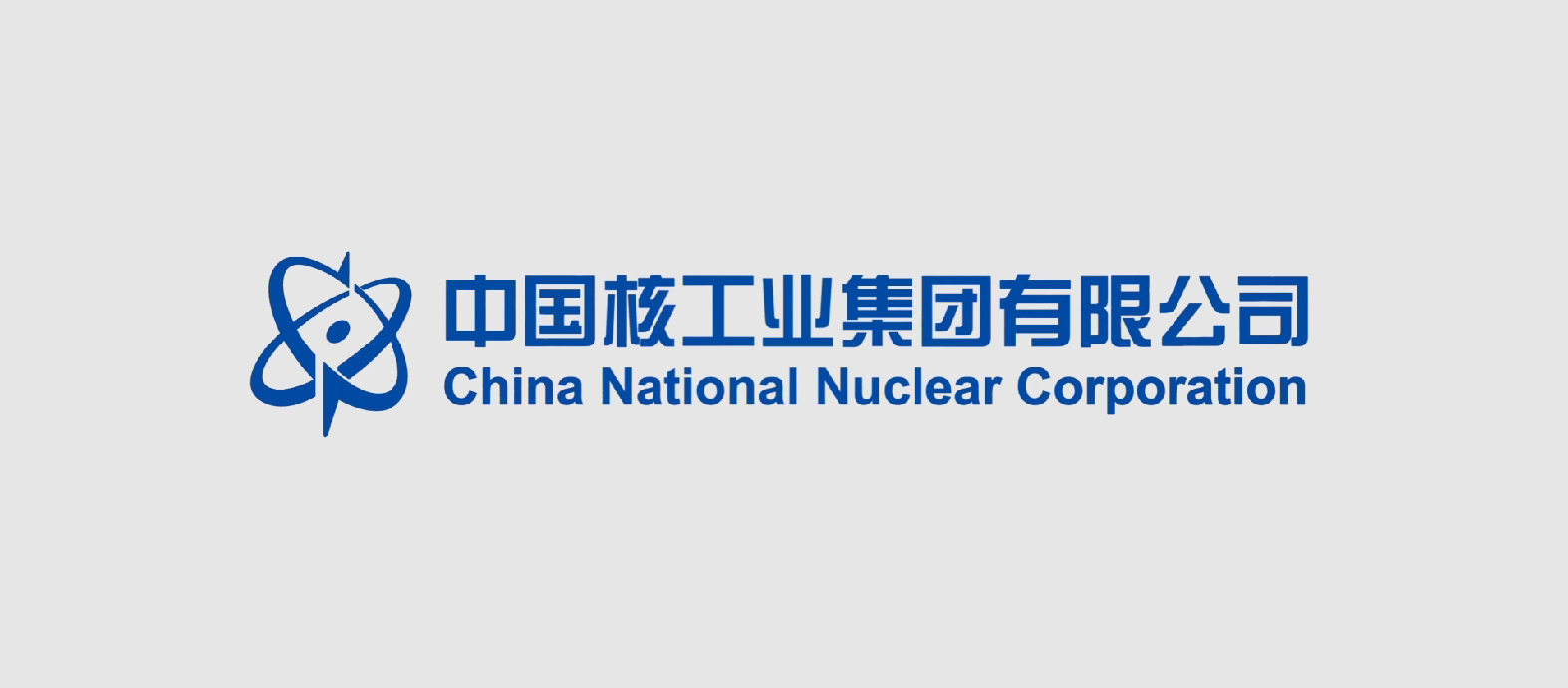IAEA helps streamline Pakistan's nuclear power programme
Pakistan has described the support it has received from the International Atomic Energy Agency (IAEA) in strengthening its nuclear power programme through a project launched in 2018. The country aims for a significant expansion of its use of nuclear power over the coming decades in order to meet growing energy demand. Regulators, operators and representatives of organisations involved in Pakistan's nuclear power programme attended a four-day meeting at the IAEA's headquarters last month to discuss the Agency's streamlined support for the country.

Construction of Karachi unit 2, pictured in June 2019 (Image: China National Nuclear Power)
Pakistan commissioned its first commercial nuclear power unit - the 90 MWe Karachi 1 (KANUPP) Candu pressurised heavy water reactor - in 1972. Four Chinese-built CNP-300 pressurised water reactors are also in operation at the Chashma site, having been commissioned between 2000 and 2017. Two Chinese-designed 1161 MWe HPR1000 units are being built at the Karachi plant. Construction began on Karachi 2 in 2015 and unit 3 in 2016; the units are planned to enter commercial operation in 2021 and 2022, respectively. A third Hualong One unit is planned at Chashma. According to the IAEA, Pakistan plans to construct several new plants by 2050.
"Pakistan has benefited from the IAEA Safety Standards and other technical documents, but there is always room for improvement," said Ahmed Nadeem, manager of the technical coordination division of the Chashma nuclear power plant. "In order to further improve the safety, reliability and sustainability of Pakistan's nuclear power plants, we decided to approach IAEA for a comprehensive and integrated national project."
A four-year technical cooperation project - "Strengthening and Enhancing Capabilities of Pakistan's National Institutions to Support a Safe, Reliable and Sustainable Nuclear Power Programme", referred to as PAK2007 - was launched in 2018. The IAEA amalgamated four of its pre-existing national technical cooperation projects, which supported regulators, operators, waste managers and non-destructive testers. "In doing so, the Agency is bringing together all the relevant stakeholders of the Pakistani nuclear power programme to streamline their workflows, reduce delays and costs, enhance cooperation and harmonise their safety and waste management approaches," the IAEA said.
Since the launch of PAK2007, the IAEA has supported the country's efforts to train specialist staff, expand physical infrastructure and increase national nuclear power generating capacity by organising more than 45 expert missions and national workshops. At these workshops, regulators and operators reached a consensus on several operational matters, from the timeliness of licensing and verification procedures to the manner in which inspections are conducted. The IAEA has also supported the procurement of essential communication infrastructure - such as internet-connecting devices and equipment for the maintenance of an industry-wide intranet - to allow for information to move more seamlessly between government institutions, departments and agencies.
Anis Memon, a director of the Karachi nuclear power plant, said: "The recommendations made as a result of these workshops and expert missions have helped to improve the integration and coordination of our workflows and decision-making processes."
Researched and written by World Nuclear News


